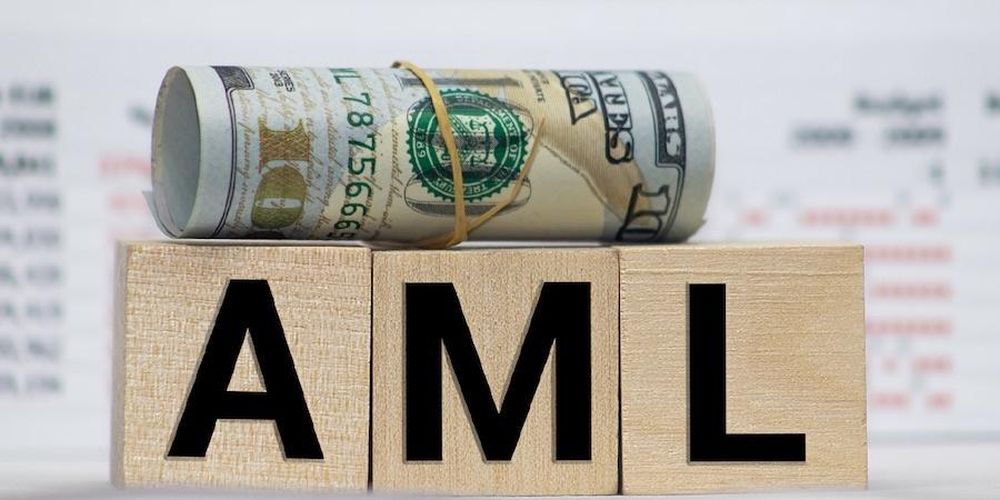The European Union has recently created a new anti-money laundering group, the Authority for Anti-Money Laundering and Countering the Financing of Terrorism (AMLA). This new watchdog will have direct and indirect supervisory powers over high-risk obliged entities in the financial sector, including credit and financial institutions, as well as certain professions such as law and accounting. These entities play a central role in anti-money laundering regulations and will be required to comply with stricter rules to prevent fraudsters from exploiting the financial system.

The AMLA will be based in Frankfurt and is expected to begin operations in mid-2025. The new authority will have an integrated mechanism with national supervisors to ensure that these high-risk entities comply with anti-money laundering and terrorism financing regulations. This move is part of the EU’s efforts to strengthen its systems in the fight against money laundering and terrorist financing, ensuring that fraudsters, organized crime, and terrorists have no space left to legitimise their proceeds through the financial system.

The creation of AMLA is a significant step forward in the EU’s efforts to combat financial crime. The new authority will work closely with national supervisors to ensure that financial institutions and other obliged entities are held accountable for their anti-money laundering and counter-terrorism financing obligations. This enhanced supervision will help to prevent the misuse of the financial system and protect the integrity of the EU’s financial sector.

The EU’s new anti-money laundering group is a crucial component in the fight against financial crime. By strengthening its systems and increasing supervision, the EU aims to prevent the exploitation of its financial system by fraudsters and terrorists. The creation of AMLA demonstrates the EU’s commitment to protecting its financial sector and ensuring that it remains a safe and secure environment for legitimate financial activities.

